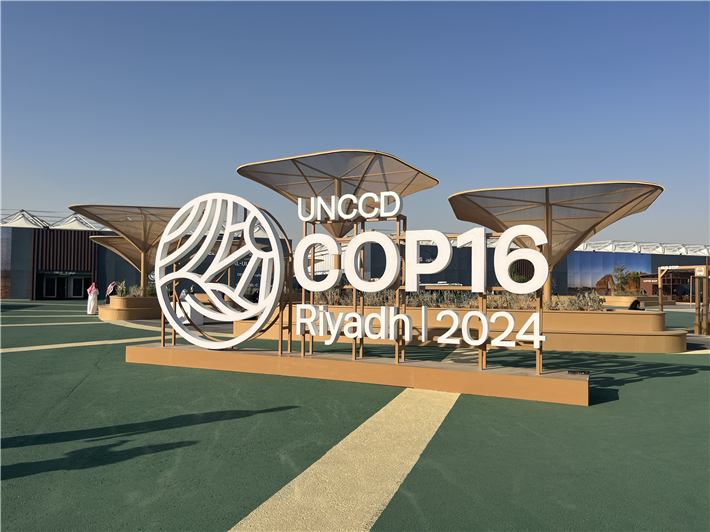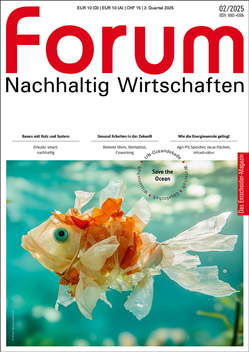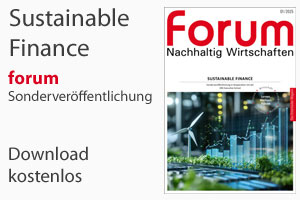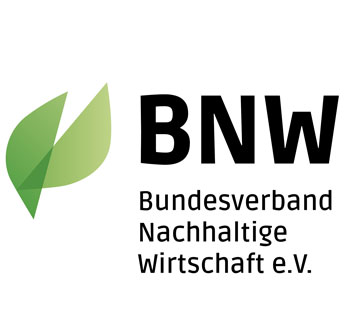The UNCCD COP16 in Riyadh: A Trojan Horse for Change?
Merijn Dols from NOW Partners Foundation and Future Economy Forum reports for forum
Riyadh in December, a city of chaos and bustle, was surprisingly devoid of the usual fanfare associated with a major UN conference. The 16th Conference of the Parties (COP16) of the UN Convention to Combat Desertification (UNCCD) seemed almost lost in the urban clamor, a subtle presence amidst the noise – a fitting metaphor for a convention often overlooked on the global stage.
 COP16 in Riyadh, Saudi Arabia © Merijn Dols
COP16 in Riyadh, Saudi Arabia © Merijn DolsYet, as week one of COP16 draws to a close, I'm struck by a quiet determination. This COP feels different. In a session I led alongside the AEON Collective of HH Princess Noura bint Turki Al-Saud and HH Princess Mashael AlShalan, farmers, business leaders, bankers, and NGO representatives engaged in meaningful conversations, amplifying voices often absent in the formal proceedings of the Rio Conventions.
The UNCCD, often dubbed the "forgotten convention," operates on a biannual cycle, fostering a focused and streamlined approach. This year, the spotlight shines brightly on land use, a central theme in the fight against desertification. It's remarkable that it has taken nearly three decades to place land use and regenerative agriculture front and center on the agenda. This focus has the potential to bridge the gap between the three Rio Conventions, uniting efforts to combat climate change, biodiversity loss, and land degradation. After all, land is life.
The focused nature of this gathering fosters optimism. The Riyadh Action Agenda, launched during the High-Level Dialogue on Sustainable, Resilient and Inclusive Food Systems, promises tangible action. To achieve land degradation neutrality, we must conserve and restore 1.5 billion hectares of degraded land by 2030, including 250 million hectares of agricultural land, through sustainable, inclusive, and regenerative agri-food systems. This is where the work of organizations like Sekem in Egypt and APCNF in India, which NOW Partners Foundation is scaling in countries like Sri Lanka, Zambia, and Brazil with Natural Farming Global and EoL Global’s whole systems carbon credits, becomes crucial.
Is this COP a Trojan horse, poised to elevate the UNCCD to its rightful place in the global environmental agenda? Can it maintain this momentum and effectiveness if it gains wider recognition? The absence of major media outlets raises questions about the reach of its message. Perhaps it's the relative obscurity that allows for such impactful progress.
For the first time, the UNCCD COP features pavilions and designated blue and green zones, attracting a diverse array of stakeholders. This dynamic shift fosters collaboration and knowledge sharing, bridging divides between governments, businesses, and civil society. Yet, this progress necessitates increased participation, which inevitably brings its own set of challenges. Can the @UNCCD retain its focus amidst the growing crowds and inevitable "circus" that accompanies large-scale events?
Intimate gatherings, like our evening dialogue in the Tree Library, the wonderful garden of the AEON Collective, offer a surprisingly effective platform for action. Voices of changemakers and solutions owners from across the world came together, inspired by the beautiful collection of endemic trees. In such settings, initiatives are woven together, find momentum, get amplified, and scale.
The launch of the GEF Food Systems Integration Program further underscores the growing momentum. With its emphasis on restoring ecosystems and promoting sustainable food systems, the program offers a beacon of hope. Hindou Oumarou Ibrahim's powerful words at the launch resonated deeply: "Coming from the Sahel, we need to invest in the food that restores ecosystems and fills the empty stomachs of the region." This COP, more than any before, seems poised to translate words into action.
Despite the exhaustion that comes with a year packed with environmental conferences across the globe, a sense of urgency prevails. The latest scientific reports paint a stark picture, reminding us that the time for action is now. As the second week of COP16 unfolds, the question remains: can this "forgotten convention" finally emerge from the shadows and galvanize the world to protect our precious land resources? Only time will tell.
Note: In the issue of forum 01-25, we take an in-depth look at the topics of soil degradation and regenerative agriculture. Save your copy now!
Kontakt: NOW Partners, Merijn Dols | merijn@now.partners | www.now.partners
Quelle: NOW Partners Foundation
Umwelt | Wasser & Boden, 06.12.2024

Save the Ocean
forum 02/2025 ist erschienen
- Regenerativ
- Coworkation
- Klimadiesel
- Kreislaufwirtschaft
Kaufen...
Abonnieren...
07
MAI
2025
MAI
2025
MakerCamp Genossenschaften 2025
Genossenschaftliche Lösungen in Wirtschaft, Kommunen und Gesellschaft
65189 Wiesbaden
Genossenschaftliche Lösungen in Wirtschaft, Kommunen und Gesellschaft
65189 Wiesbaden
08
MAI
2025
MAI
2025
Die intelligente Transformation: ESG + KI = Zukunftssicherung
Wer Nachhaltigkeit ohne KI umsetzt, verpasst entscheidende Chancen
Webinar
Wer Nachhaltigkeit ohne KI umsetzt, verpasst entscheidende Chancen
Webinar
14
MAI
2025
MAI
2025
Klimaschutz im peruanischen Regenwald
Delegierte der Asháninka teilen ihre Perspektiven
80802 München, Seidlvilla
Delegierte der Asháninka teilen ihre Perspektiven
80802 München, Seidlvilla
Professionelle Klimabilanz, einfach selbst gemacht

Einfache Klimabilanzierung und glaubhafte Nachhaltigkeitskommunikation gemäß GHG-Protocol
Sport & Freizeit, Reisen
 Helau, Alaf, Narri Narro!
Helau, Alaf, Narri Narro!Christoph Quarch freut sich über die spielerische Aussetzung der Ordnung während der Karnevalstage


















